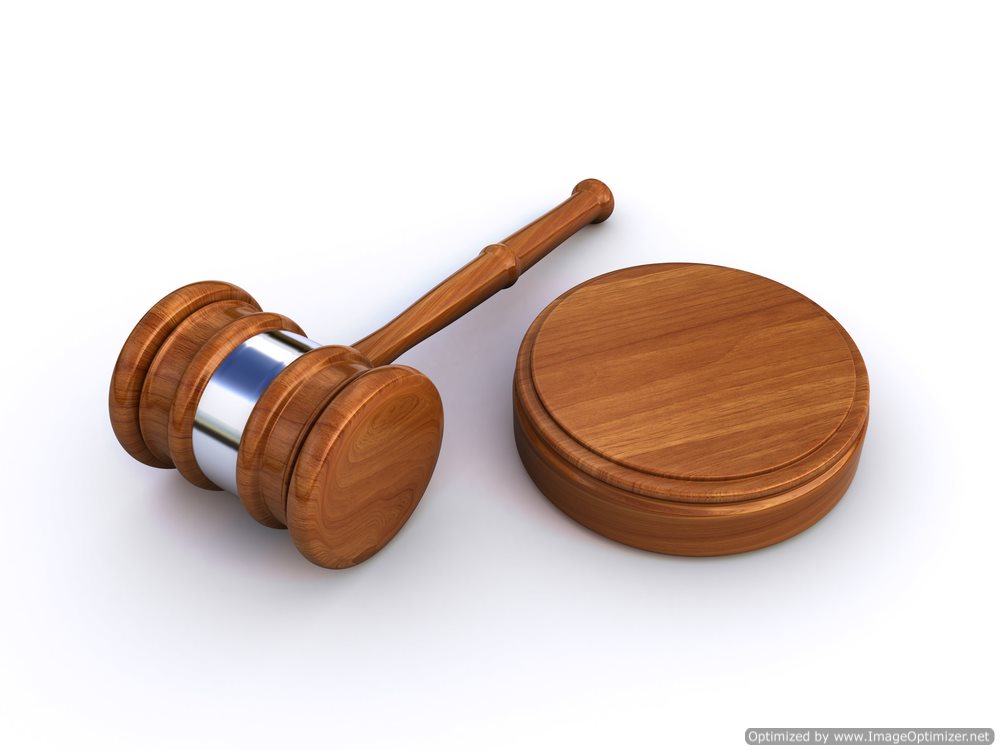Important Facts You Need to Know About Supreme Court Cases
What is the United States Supreme Court?

The United State Supreme Court is the highest and most prestigious
court in the nation. Judgments or rulings in the Supreme Court cannot be
subsequently reviewed by other judiciary systems. As a result of this
characteristic, all decisions rendered in Supreme Court Cases are final.
The Supreme Court of the United States possesses ultimate appellate
jurisdiction over all State and Federal courts within the country. In addition,
the Supreme Court of the United States possesses original jurisdiction, albeit
over a limited range of cases.
The Supreme Court meets in Washington, D.C. and is composed of a
Chief Justice and eight Associated Justices, who are each nominated by the
President of the United States and subsequently confirmed by the U.S. Senate.
Once appointed, each Justice will maintain lifetime tenure unless the
individual is removed following an impeachment order handed down by the House
of Representatives. The impeachment must also be affirmed by the U.S.
Senate.
Types of Supreme Court Cases
The Supreme Court of the United States is headed by the Chief
Justice. In addition to the Chief Justice, there are eight Supreme Court
Justices who are responsible for evaluating Supreme Court Cases. Each Supreme
Court Justice is appointed by the President of the United States and
subsequently affirmed by the U.S. Senate.
The primary responsibility of a Supreme Court Justice is to
evaluate Supreme Court Cases. All Supreme Court Cases are matters of appeal,
meaning the particular legal matters were already decided in the lower court
system. In addition to this characteristic, the majority of Supreme Court Cases
are aligned with the United States Constitution or State Constitutions.
Supreme Court Cases are any legal matters adopted through an
evaluation process conducted by the underlying Supreme Court Justice by the
Supreme Court to review a particular matter that questions or deals with
provisions latent in a Constitution.
In the United States, there are two dominant types of legal
systems: the Federal system and the particular State systems. Although each
system differs based on local statute and State Constitutions, the Supreme
Court is the dominant court system that is responsible for evaluating all
appeals (legal matters that were previously rendered in the lower courts) that
primarily question or deal with a Constitution, either the Constitution of the
United States or State Constitutions.
Famous Supreme Court Cases
As stated before, all Supreme Court Cases are enshrouded in
legal matters that question or infringe upon the rights and liberties latent in
the United States Constitution or individual State Constitutions.
The Constitution
of the United States, whether in a Federal or local sense, is the dominating
legal foundation that harmonizes society and provides the framework for
individual liberties and for the limitation of Government powers. As a result,
Supreme Court Cases evaluate the foundation of America’s legal system.
The following Supreme Court Cases are regarded as landmark, for
they effectively altered society in their ability to reform provisions latent
in the Constitution:
Brown v. Board of Education (1954)
Dred Scott v. Sanford (1857)
Gibbons v. Ogden (1824)
Hazelwood v. Kuhlmeier (1988)
Korematsu v. United States (1944)
Mapp v. Ohio (1961)
McCulloch v. Maryland (1819)
Miranda v. Arizona (1966)
New Jersey v. T.L.O. (1985)
Plessy v. Ferguson (1896)
Roe v. Wade (1973)
Texas v. Johnson (1989)
Tinker v. Des Moines (1969)
United States v. Nixon (1974).